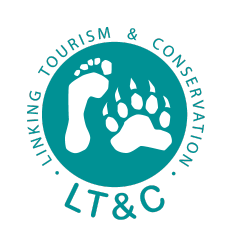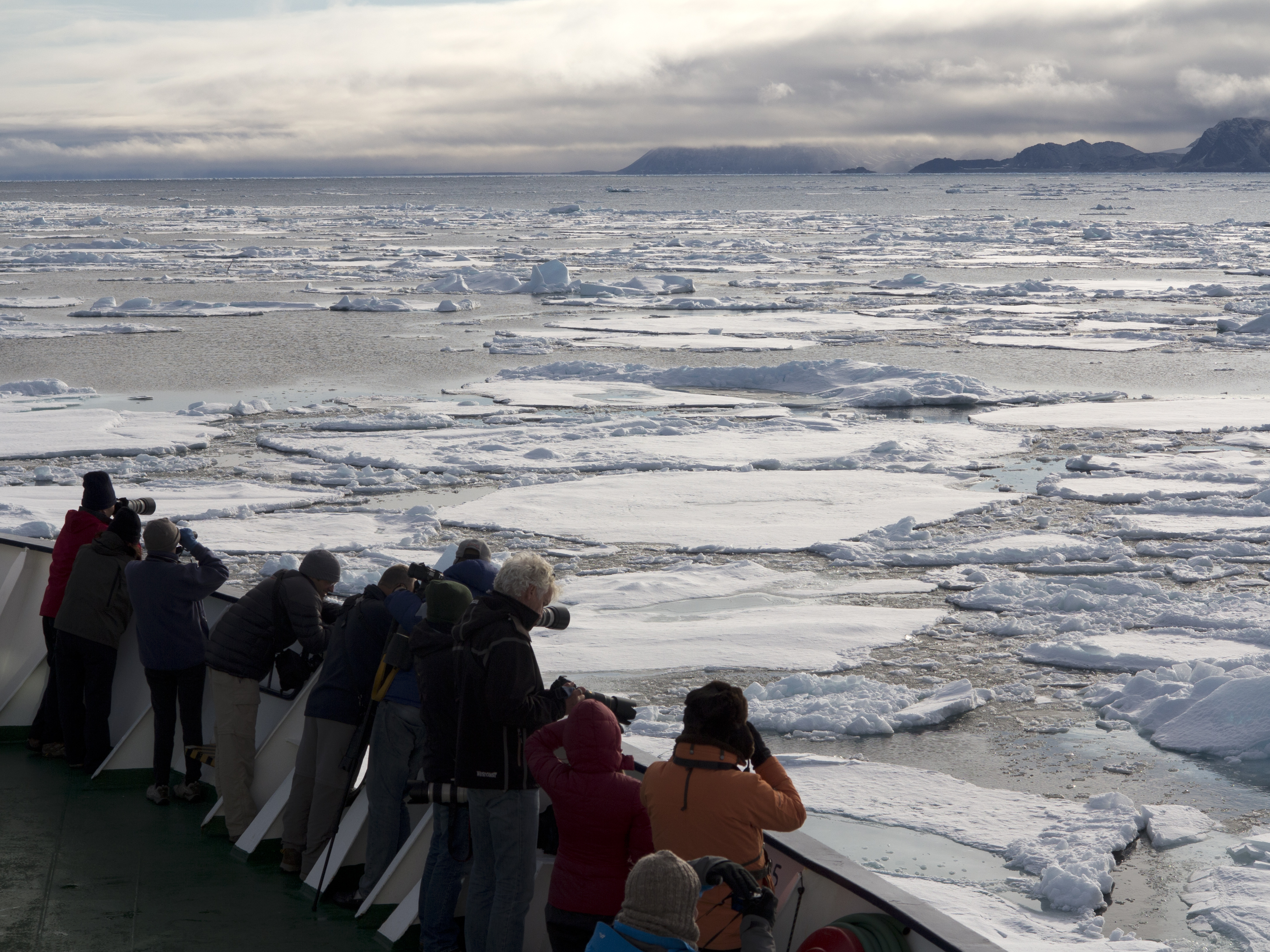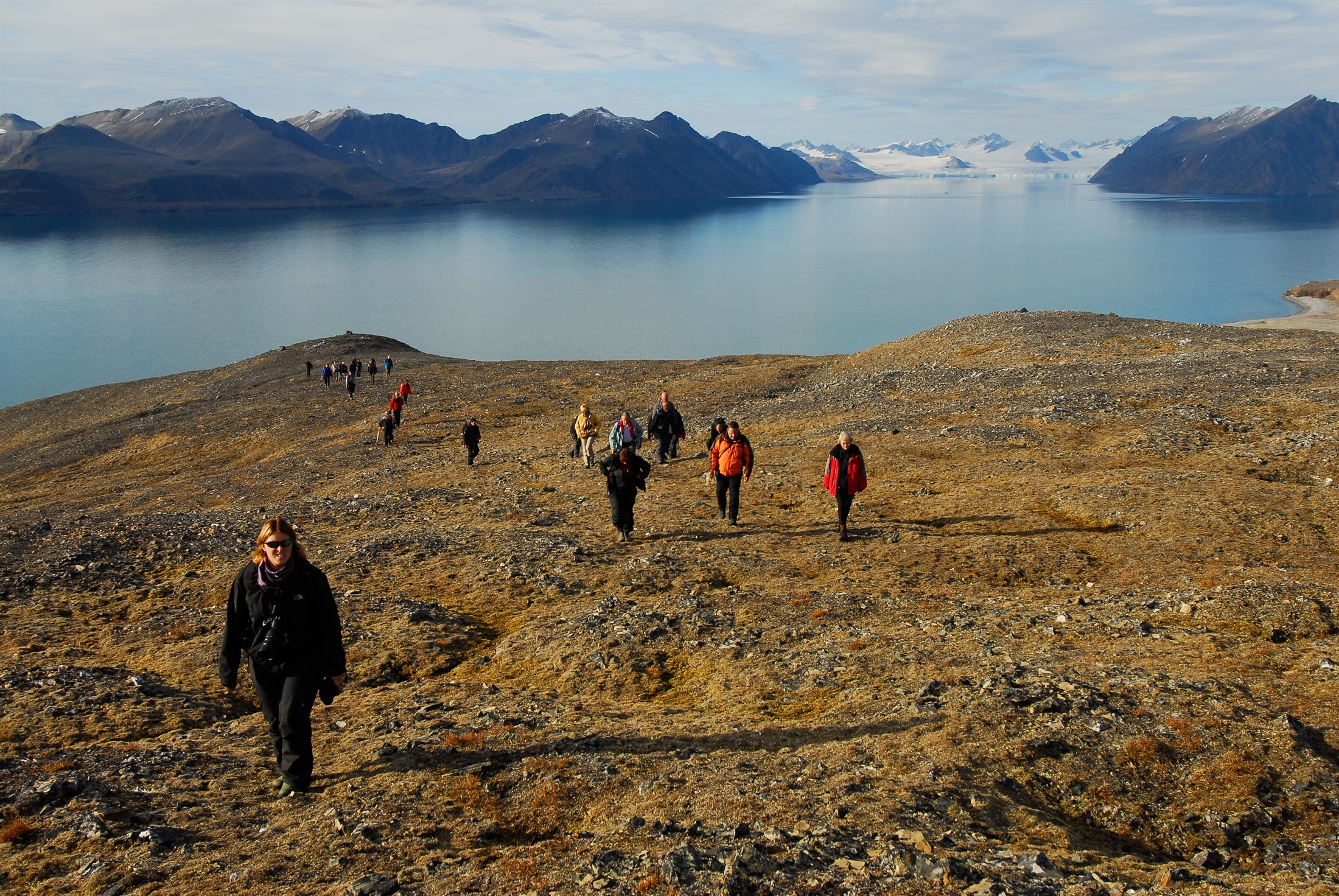 The EU has recently released its Arctic Policy. LT&C-founding member in Brussels, Mathieu Hoeberigs, informs in the following how this policy can be looked at as potentially being in line with the principles and mission of Linking Tourism & Conservation:
The EU has recently released its Arctic Policy. LT&C-founding member in Brussels, Mathieu Hoeberigs, informs in the following how this policy can be looked at as potentially being in line with the principles and mission of Linking Tourism & Conservation:
“The Arctic, is an area of growing strategic importance. The European Union recognizes that it has an important role to play in supporting successful Arctic cooperation and in helping to meet the challenges now facing the region. In addition, the EU is the world’s strongest proponent of greater international efforts to fight climate change. Moreover, it has 3 Arctic Council states amongst its members. The EU is also a major destination of resources and goods from the Arctic region. Many of its policies and regulations therefore have implications for Arctic stakeholders. The EU wants to engage more with Arctic partners to increase its awareness of their concerns and to address shared challenges in a collaborative manner.
EU Arctic policy has 3 main policy objectives:
- Protecting and preserving the Arctic in cooperation with the people who live there
- Promoting sustainable use of resources
- International cooperation.
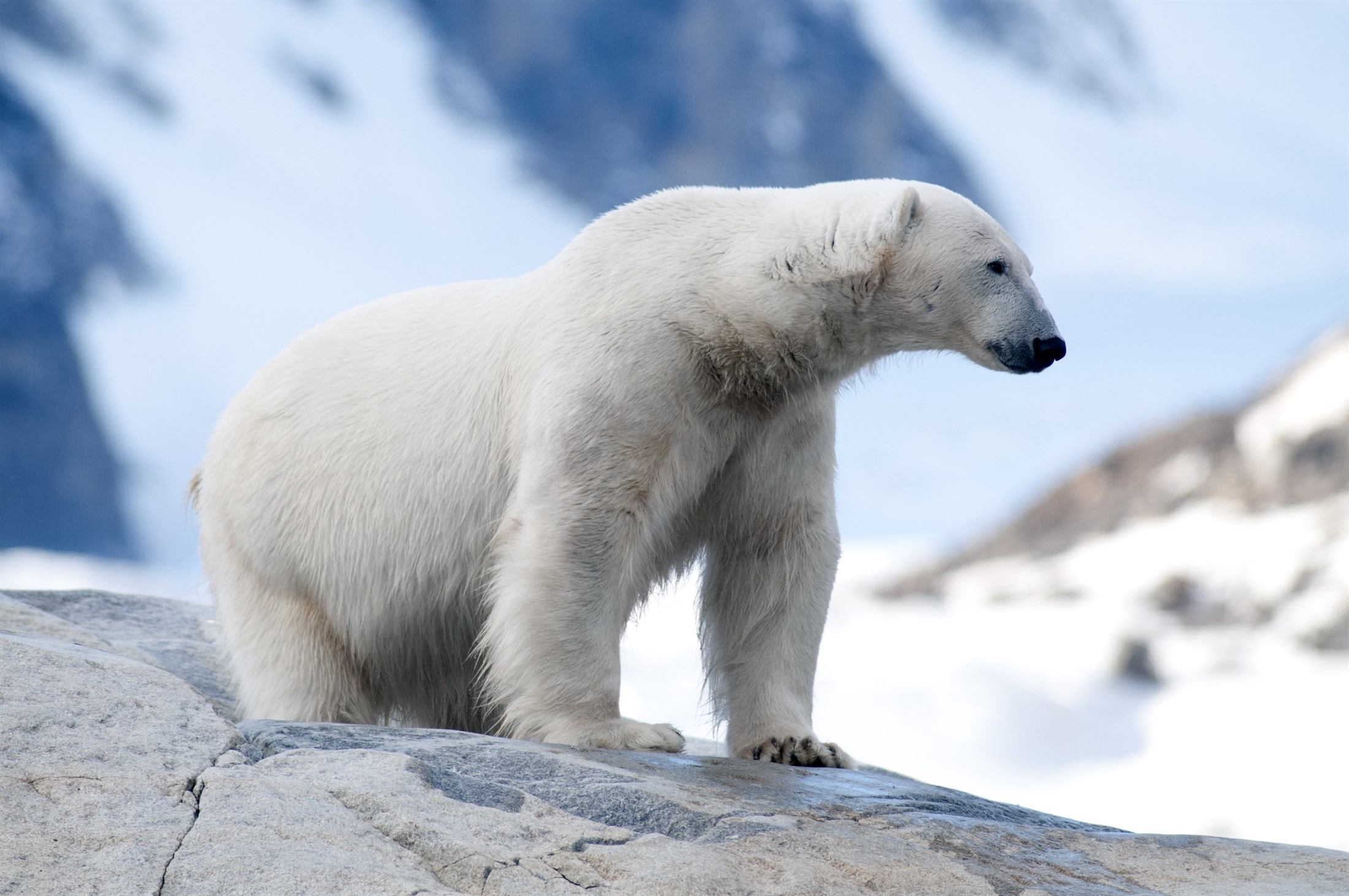 As climate change and economic development accelerate in the Arctic region, the European Union intends to step up its engagement with its Arctic partners to jointly meet the challenge of safeguarding the environment while ensuring that development takes place sustainably.
As climate change and economic development accelerate in the Arctic region, the European Union intends to step up its engagement with its Arctic partners to jointly meet the challenge of safeguarding the environment while ensuring that development takes place sustainably.
Further development of EU Arctic policy should focus on 3 key areas:
- Supporting research and channelling knowledge to address environmental and climate change in the Arctic
- Acting responsibly to help ensure that economic development in the Arctic is based on sustainable use of resources and environmental expertise
- Stepping up constructive engagement and dialogue with Arctic states, indigenous peoples and other partners.
The fact that the specific references to tourism are put under the heading of Sustainable Development is key. Only Sustainable Development of Tourism should be allowed and it should be concentrated on Eco- and Marine Tourism.
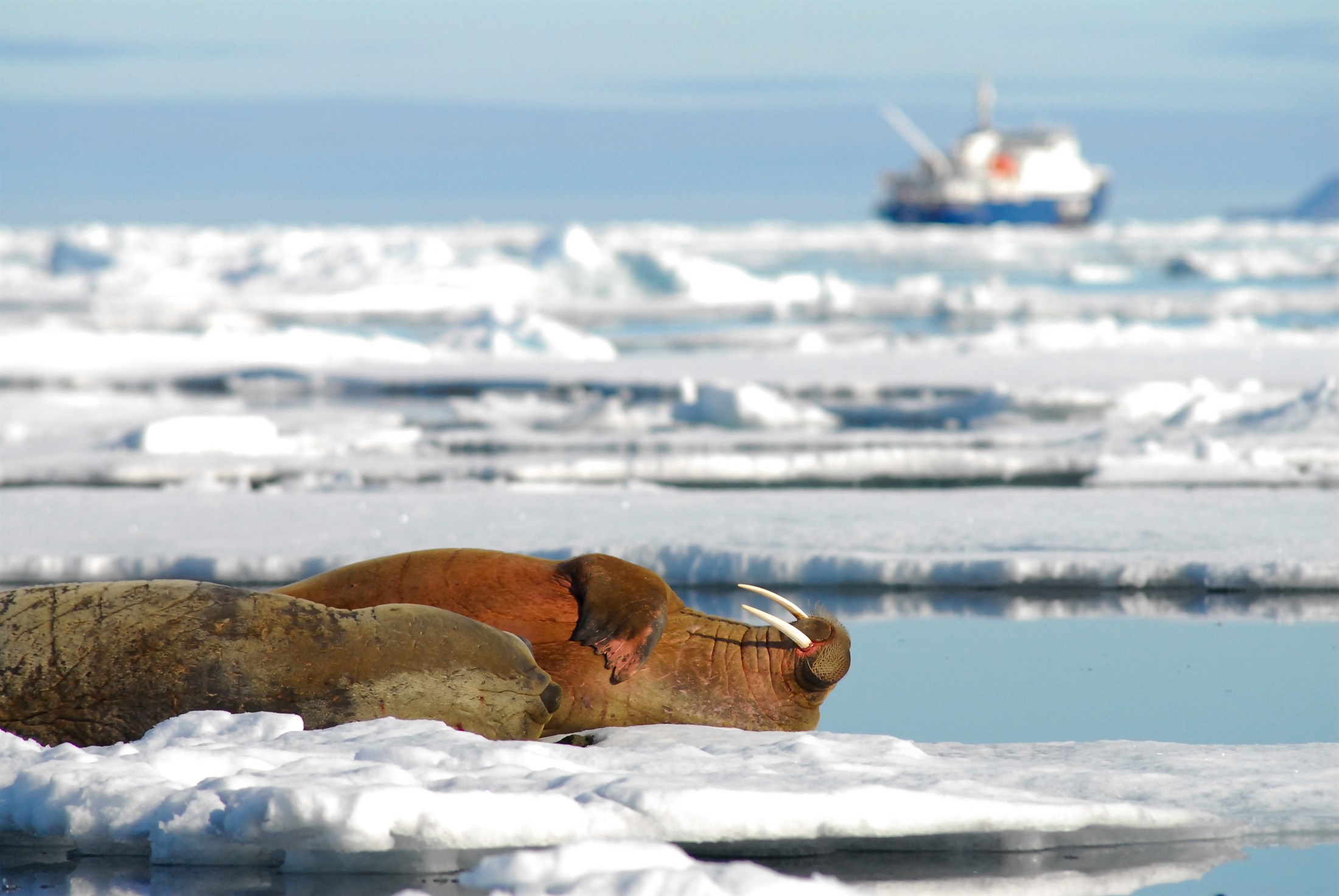 Sustainable Development of Tourism also will have to be in line with the Global Sustainable Development Goals (SGDs). Linking Tourism and Conservation (LT&C), that fully adheres to the Ten Principles of the WWF “Linking Tourism and Conservation in the Arctic”, is value-adding for the EU and its action in, and with regard to the Arctic on the basis of its experiences. The code of conduct for tour operators in the Arctic for the producers and the code of conduct for Arctic tourists will have to serve as good practice when it comes to Tourism Development in the Arctic for all countries involved. It can set also an example for sustainable action in other regions worldwide.
Sustainable Development of Tourism also will have to be in line with the Global Sustainable Development Goals (SGDs). Linking Tourism and Conservation (LT&C), that fully adheres to the Ten Principles of the WWF “Linking Tourism and Conservation in the Arctic”, is value-adding for the EU and its action in, and with regard to the Arctic on the basis of its experiences. The code of conduct for tour operators in the Arctic for the producers and the code of conduct for Arctic tourists will have to serve as good practice when it comes to Tourism Development in the Arctic for all countries involved. It can set also an example for sustainable action in other regions worldwide.
LT&C will follow the developments at EU level and it will provide opinions and advise when appropriate, in order to ensure that the aforementioned codes and principles are respected by all stakeholders. LT&C can play a crucial role in all three key areas.”
